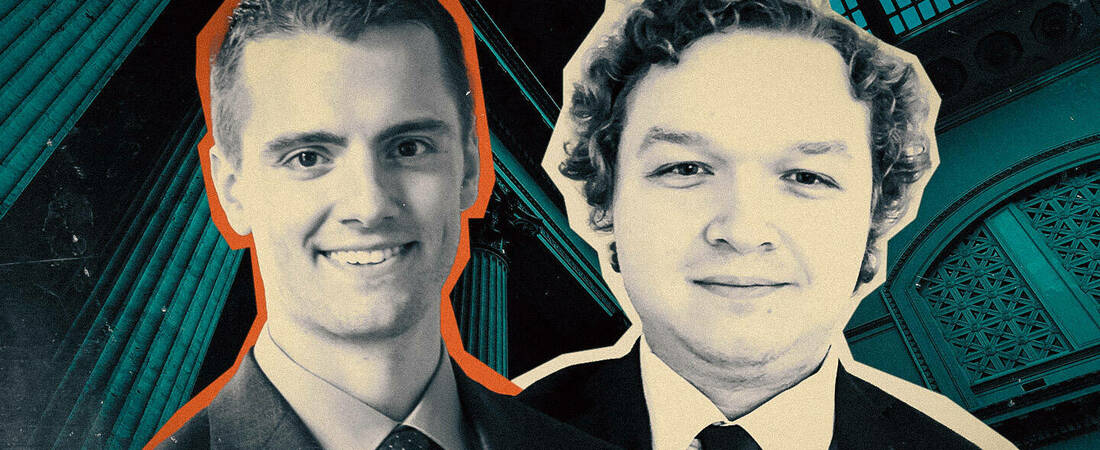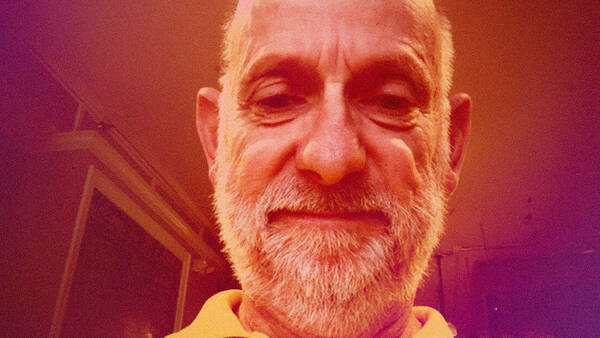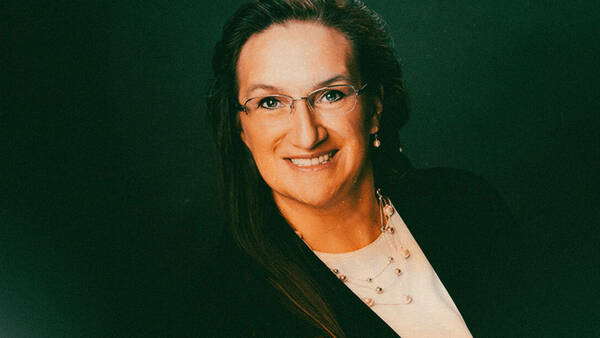Ask Micah Allred ’22 J.D. and Nick Mohr ’22 J.D. about their work in Notre Dame Law School’s National Immigrant Justice Center Externship, and they’ll tell you two seemingly disparate things: it was ordinary and it was life-changing.
“That was something that stood out to me,” Allred says. “What Nick and I did was in many ways very ordinary lawyers’ work — we were learning our clients’ facts and then applying the law to those facts, and then explaining to a court why our clients should win. And the result was life-changing for this family, our clients, because they got asylum and they have this burden off their backs.”
During the externship in the spring and summer of 2022, Allred and Mohr took on the case of a family of five from Nigeria who fled religious persecution in their home country. And in June of 2022, the family won asylum in the U.S., thanks to Allred’s and Mohr’s work on their case.
“It was this life-changing event for them,” Allred continues. “And then for Nick and me, great experience for us. And it’s an example of how these basic tasks of lawyering, taking the facts and then applying the law, can have a huge impact on people’s lives.”
Now settled in the U.S., the family is active in their church and the children are involved at their school. One plays on the high school soccer team; another is on the drill team. Their oldest works and attends college, preparing for a career in technology. The parents shared that they are proud to see their children thrive and take great comfort in knowing they are safe — which would not have been possible if they had not been granted asylum.
Allred and Mohr took on the family’s case as part of the externship course with Notre Dame law professor Lisa Koop, who also serves as the National Director of Legal Services at the National Immigrant Justice Center (NIJC). The family sought legal help from the NIJC, which is how the case ended up in the hands of these two Notre Dame law students. Allred and Mohr wrote affidavits, telling the family’s story in depth and creating a cohesive narrative corroborated by witnesses.
Allred and Mohr crafted a detailed timeline that went beyond the constraints of the asylum application, specifically noting the years of religious persecution the family endured. Religious persecution is one of the clear grounds for seeking asylum in the United States, so they were confident in their clients’ case. But they wanted to be ready for any possibility in court, so they prepared multiple arguments for asylum.
“To be a good advocate for your client, you make every legally warranted argument that you have evidence for, because you want to show the court, even if you don’t agree we win on this ground, we also could win on grounds B, C and D, in case, for some strange reason, you don’t buy our main argument,” Allred says.
And that approach paid off: When the trial date arrived in June, the family won asylum without a full trial. The government attorney on the opposing side decided to stipulate to Allred and Mohr’s arguments, finding them compelling and persuasive enough to not oppose them in court.
Both graduates stressed that this is a rare outcome — most asylum cases are heard by a judge who then makes a decision at a later date. And though they acknowledged that not arguing in court after all their preparation was a bit anticlimactic, it was the ideal outcome for their clients. None of the family members had to testify and further relive their trauma.
“It was an example of the system working well and justice being done. It was demonstrating how the immigration process can be more facilitative than oppositional,” Mohr says. “The system can work humanely and do what’s best for all the parties involved, because it saved the government work and it saved the clients from testifying.”
Allred and Mohr were acquaintances prior to working on this case, but got to know each other better during the externship and when they decided to continue their work after graduation — including during the all-consuming process of studying for the bar exam.
They both felt it was important to stay on the case, even when the trial date was scheduled for after the official end of the externship.
“Nick and I had spent dozens of hours with this family and we believed in their case, and we also saw how much pain and suffering they experienced. So it seemed to me it would be most efficient and beneficial to them for us to keep working on the case,” Allred says.
Mohr echoes his classmate, saying, “I had practical and emotional reasons for seeing it through. We knew the facts back and forth and we were well-equipped to carry it forward. And from an emotional standpoint, we had spent a lot of time with this family and gotten to know them. They’re a really great family and I wanted to do everything I could for them, because they really deserved this. And it was really satisfying, getting them asylum.”
Mohr will continue to work in immigration law in his new job at the United States Citizenship and Immigration Services National Benefits Center in Kansas City, processing immigration applications. He says that this case experience underscored the importance of the research, writing and prep work before a case gets to a courtroom.
Allred will work in litigation at Kelley Drye & Warren LLP, in New York City and plans to continue to take on asylum cases on a pro bono basis. Working on this case showed him the importance of collaboration and teamwork, on both an individual and institutional level.
“Congress created laws granting asylum, then the NIJC and Notre Dame Law School partnered to offer the externship – all these things had to come together to make sure this family could get the justice they deserved,” Allred says.
Both lawyers say this collaborative attitude is a hallmark of the experience at Notre Dame, and what they will take with them into their careers.
“One of the main takeaways I have from going to law school at Notre Dame is the importance of always being open-minded and respectful in your work. You have 200 people in a law school class, you’re going to have 200 different opinions on the same subject,” Mohr says. “But if you ever want to get anything done or make meaningful change, you have to be open-minded and respectful of what other people’s expectations are and where they’re coming from. It’s important to do that when you’re collaborating with your fellow alumni, and it’s important in your work as a lawyer. Every client has different needs, so it’s important to listen carefully and keep your mind open.”



